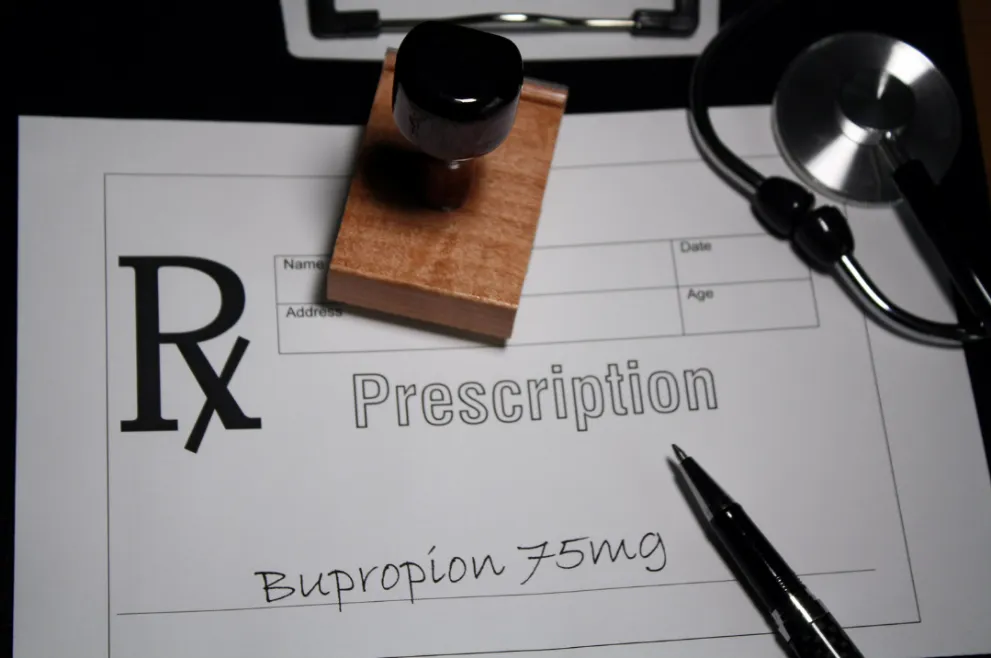Epinephrine and Norepinephrine: Do They Go By Any Other Names?
Indeed they do! Epinephrine is also known as adrenaline, and norepinephrine as noradrenaline. They are crafted by our adrenal glands and work together with other hormones, like the famous cortisol, also known as the "stress hormone".
How Do Epinephrine and Norepinephrine Differ?
Despite their many shared characteristics, their effects set them apart. Epinephrine mainly interacts with beta receptors in our heart, lungs, and skeletal muscle blood vessels.
How Does Epinephrine Swing Into Action?
Epinephrine acts like a master switch, activating alpha and beta receptors across the body, including the heart, lungs, muscles, and blood vessels. The outcome? Blood is redirected towards the heart and lungs, heart rate accelerates, airways broaden for improved breathing, and blood sugar levels climb. All these changes equip us with energy, heightened focus, and strength to face any imminent danger.
What's Norepinephrine's Role?
Norepinephrine primarily targets alpha receptors in our arteries, but it does tickle beta receptors a bit too. When alpha receptors are activated, our blood vessels constrict, leading to a rise in arterial blood pressure.
When Do We Need Epinephrine?
Epinephrine is our ally during severe allergic reactions and certain medical scenarios like:
Anaphylactic shock: In these life-threatening situations, triggered by allergies to food, medication, or bee stings, epinephrine boosts heart rate and blood pressure, enhancing blood flow and relaxing throat and airway muscles, aiding in breathing. People at high risk may carry an epinephrine auto-injector, such as an EpiPen. Severe asthma attacks: During intense asthma episodes, doctors might use inhaled epinephrine as a preventative measure or treatment. Septic shock from severe infections: Epinephrine, administered intravenously, can combat low external blood pressure caused by a lack of catecholamines. Cardiac arrest: Epinephrine can help raise blood pressure and increase blood flow to vital organs like the heart and brain.
When Does Norepinephrine Come Into Play?
Norepinephrine works to increase systolic blood pressure in individuals with notably low blood pressure. It might be applied in situations like:
Acute hypotension: Dangerously low blood pressure can occur post-heart attack when the heart muscle struggles to pump blood effectively. Pericardial tamponade: When excess fluid around the heart hinders its expansion, doctors use a needle to remove the fluid and administer norepinephrine to support blood pressure. Septic shock: In this life-threatening condition, where blood pressure plunges dangerously low during a severe infection, norepinephrine can be helpful.
What Happens If Epinephrine or Norepinephrine Levels Dip?
When the levels of these two important components drop, various physical and mental health issues can arise, such as anxiety, depression, low blood sugar (hypoglycemia), fibromyalgia, migraines, sleep disorders, and restless legs syndrome.
What About When There's Too Much of Them?
Excess epinephrine or norepinephrine can trigger symptoms like anxiety, high blood pressure, palpitations, rapid heartbeat, weight loss, excessive sweating, and headaches. So, while both epinephrine and norepinephrine are integral members of our body's stress response team, they perform unique roles and have distinctive clinical uses. Understanding these helps us marvel at the intricate mechanisms operating within our bodies.
















